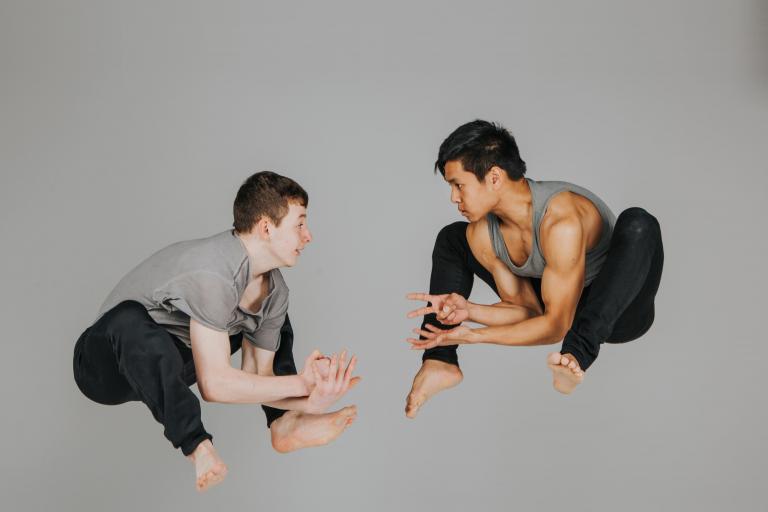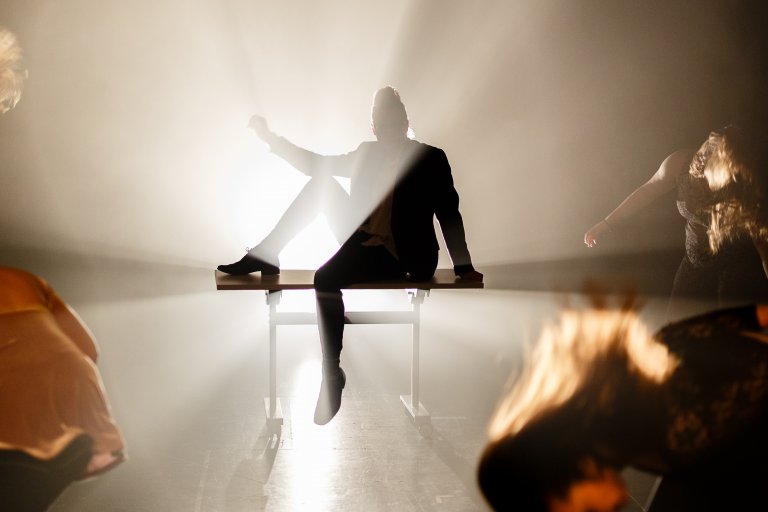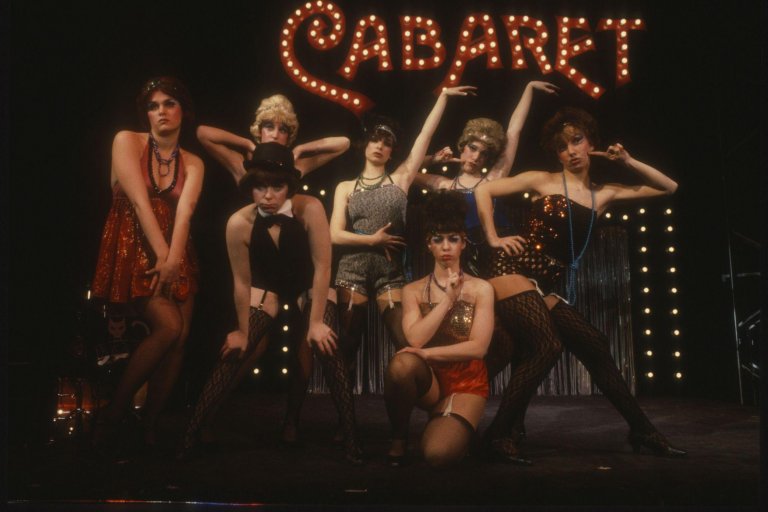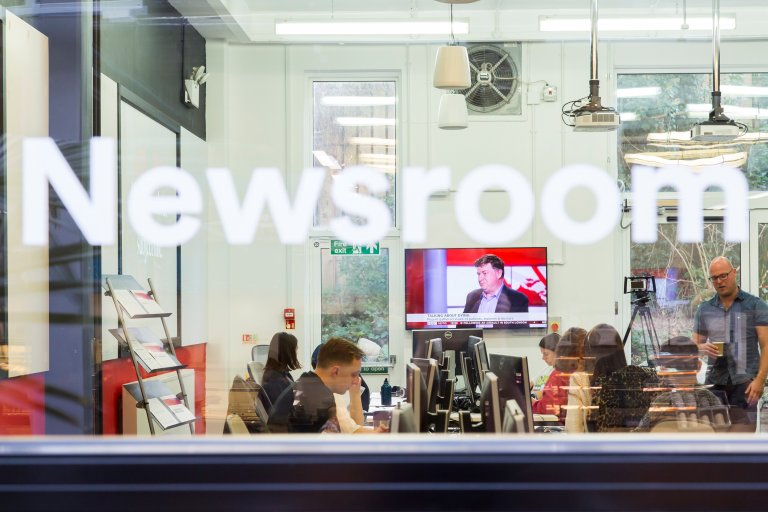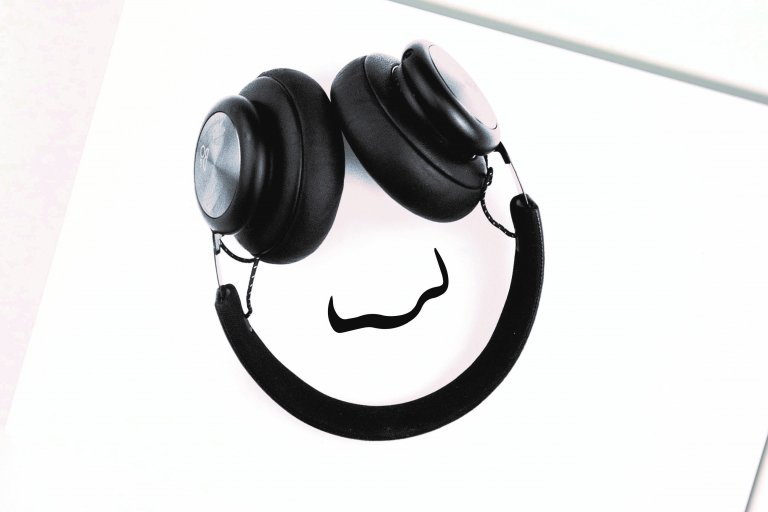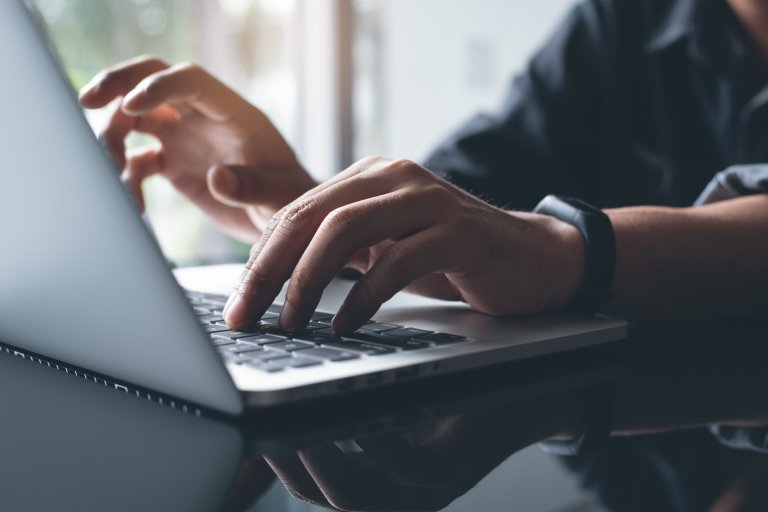Welcome to the Academy of Music & Theatre Arts library page!
From here you can explore the key resources in each of the main fields of study.
You'll also find research tips, as well as how to contact me, Rosie Enys, your Academic Liaison Librarian, if you need further help.
Don't be limited to the subject guides that relate directly to your course - your research could take you anywhere...
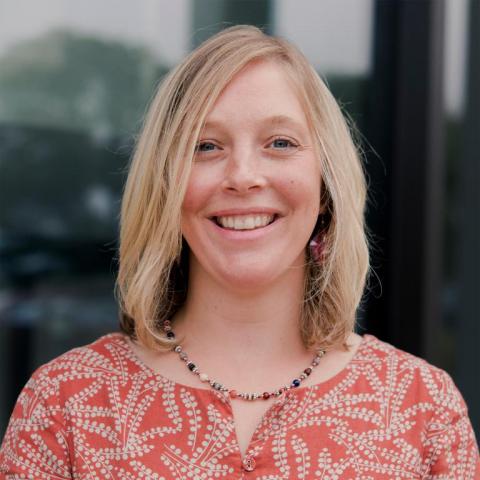
Meet your Librarian
I'm Rosie Enys, your Academic Liaison Librarian. I'm here to help you with research, whether that's for your projects or your written assignments. Although research is exciting it can also feel tricky at times -so do get in touch or book an appointment for help. I look forward to hearing from you!
Email: rosie.enys@fxplus.ac.uk
Teams: Rosie Enys
Explore your resources
Discover the key information resources for your subject.
Improve your search skills
Hints and tips to help you to find what you need.
There will be so much valuable content for your subjects on the open web – you may think that’s all you need. This content might be usefully up to date – new bands, performances, techniques - but might lack a little depth. The academic theories and ideas, which you explore through your degree, can help you make sense of information you may find freely online.
Making connections between practice-based examples and academic sources is important as it provides context, and therefore meaning, to your own ideas, practice, or writing.
The origin of the word context is con (together) and texere (to weave).
Drawing together the events (cultural, political, social etc.) and ways of thinking (theories, reflections, critiques) that are in the ‘weave’ of your research focus, can give your own work greater credibility as well as sparking your creativity.
Sometimes you may encounter descriptions of performances that sound really interesting and relevant to your research, but you can’t find the whole performance to watch it for yourself.
This can be really frustrating, but it isn’t uncommon. You might find snippets of performances on YouTube – don't forget to look beyond the open web before you give up though!
The Library provides access to wealth of performances (and lots of other audio-visual material) that’s not accessible via Google. Try:
- Video Search (in Library Search)
- BoB
- Digital Theatre+
If you still can’t find what you’re looking for, it might be that it just doesn’t exist.
You can still refer to the performance in your work though – you can do this by using other sources that reference it e.g. reviews, articles, radio programmes, book chapters etc.
Your practice is largely an embodied experience, so it makes sense that when you think, talk or write about it you would initially use emotive or descriptive language.
These kinds of words connect you with the passion for your practice...but as you curiously explore these experiences, you’ll need to find keywords.
These are the words or short phrases that will enable you to find useful information sources that relate to your research interest.
Think about how these might be referred to in academic or practice-based sources. Your lectures and seminars will help you become familiar with the language used within your subject area.
Or you can book to see me for help with this!
Copyright law tends to get a bit of bad press and can be seen as a barrier to creativity. Copyright law is designed to protect your creative work, which also means that you must respect the work created by others.
Sometimes you might want to incorporate e.g., other artist’s music or videos in your own work either for an internal audience or for the public. Seek advice on our copyright webpages or contact me if you need further help.
Search for reading recommended by your lecturer
Find your resource lists
Discover more support
Help and guidance from the Library and beyond!
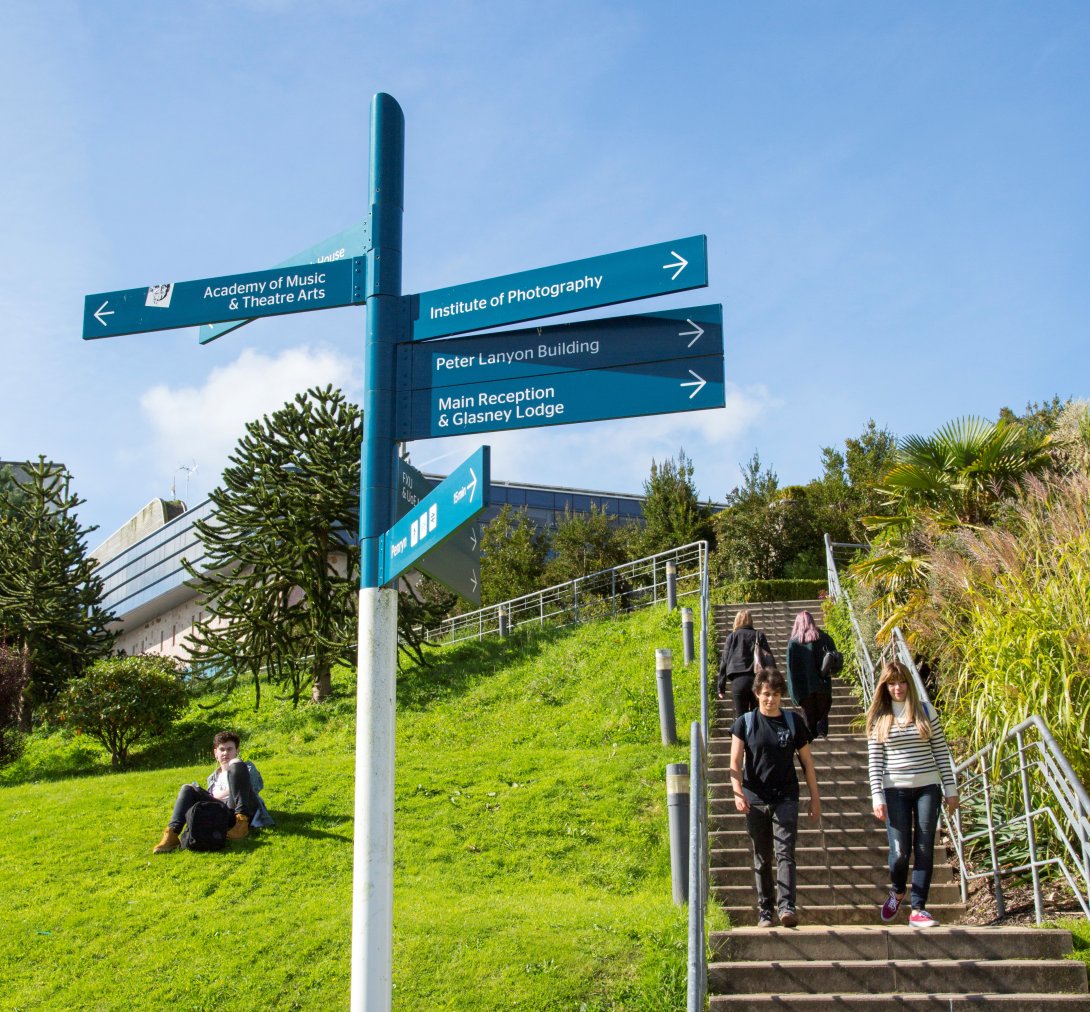
New to the University? Need help navigating your way?
Our New Students guide can help you to prepare for your studies and make the most of the library in your first term and beyond!
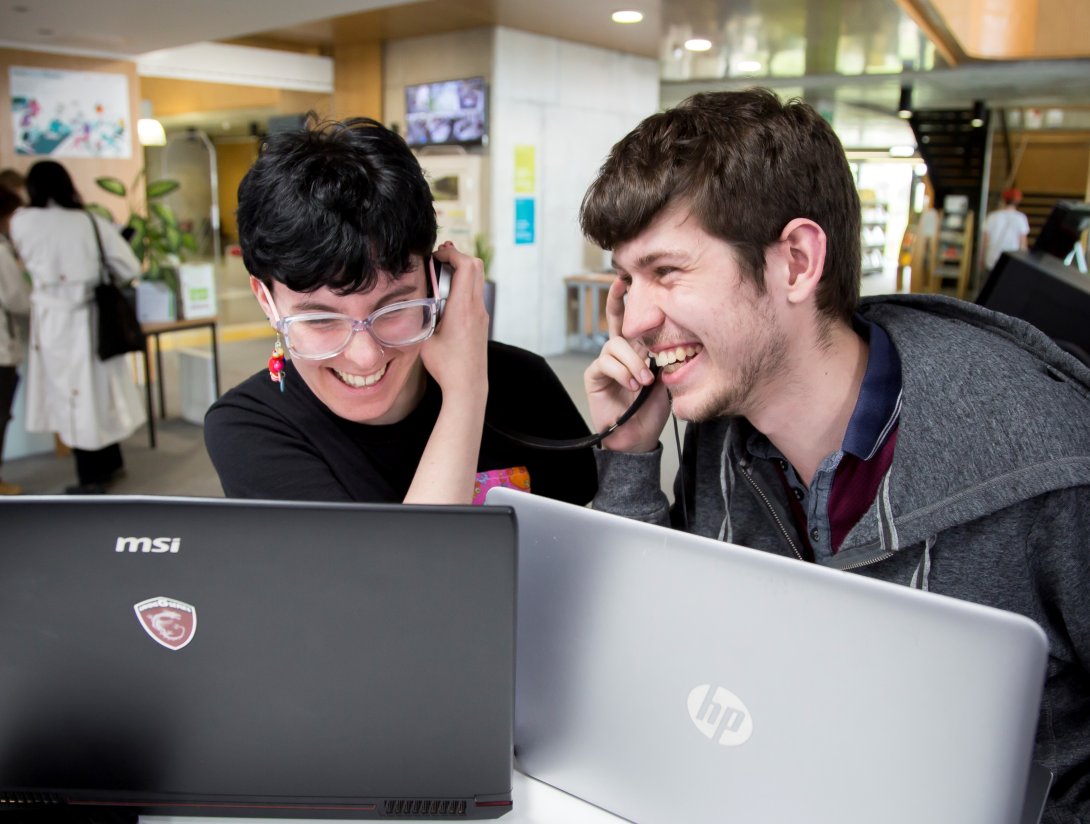
The Academic Skills Advisors
- run workshops on writing, referencing and other study skills
- provide study guides and learning resources
- offer individual advice through one-to-one appointments
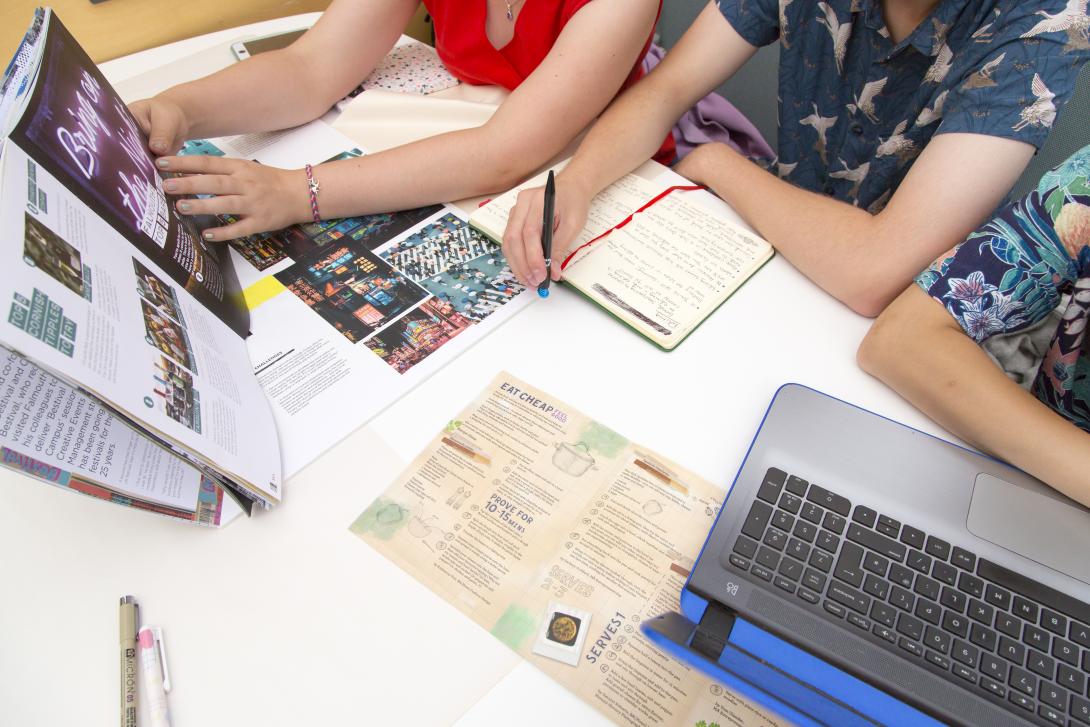
For all your study support needs!
Discover more about the support in place to help you to study at University, including online study guides, our What's On calendar and how to find individual support.
